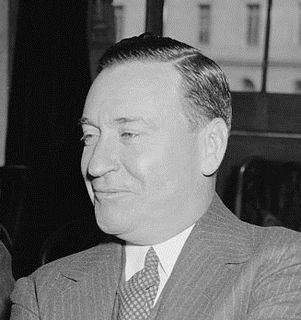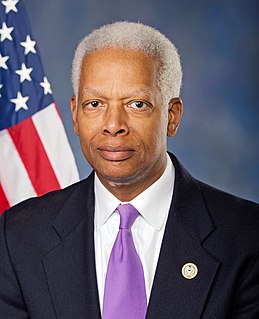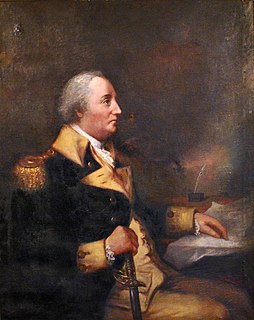A Quote by Benjamin Franklin Fairless
What five members of the Supreme Court say the law is may be something vastly different from what Congress intended the law to be.
Related Quotes
More importantly, the Court forgets that ours is a government of laws and not of men. That means we are governed by the terms of our laws, not by the unenacted will of our lawmakers. 'If Congress enacted into law something different from what it intended, then it should amend the statute to conform to its intent.' In the meantime, this Court 'has no roving license ... to disregard clear language simply on the view that ... Congress 'must have intended' something broader.
The Supreme Court is about the Constitution. It is about constitutionality. It is about the law. At its bear simplest, it's about the law. It is not about the Democrat Party agenda. Because that's what it's become. The whole judiciary has become that because that's the kind of people they have put on various courts as judges, and every liberal justice on the Supreme Court is a social justice warrior first and a judge of the law second. And if they get one more, then they will have effectively corrupted the Supreme Court.
Class warfare always sounds good. Taking action against the rich and the powerful and making 'em pay for what they do, it always sounds good. But that's not the job of the Supreme Court. The Supreme Court standing on the side of the American people? The Supreme Court adjudicates the law. The Supreme Court determines the constitutionality of things and other things. The Supreme Court's gotten way out of focus, in my opinion.
Today, no less than five Supreme Court justices are on record, either through their opinions or speeches (or both), that they will consult foreign law and foreign-court rulings for guidance in certain circumstances. Of course, policymakers are free to consult whatever they want, but not justices. They're limited to the Constitution and the law.
The Supreme Court, or any court, when they make a decision, if that's a published
decision, it becomes virtually like a statute. Everybody is suppose to follow that law. Whether I decide to allow a law to become a law without my signature is simply
in effect expressing a view that while I don't particularly care for this, the Legislature passed it, it was an overwhelming.
vote, or maybe there were other reasons. But
my decision not to sign doesn't have to be followed by
everybody from that point on


































